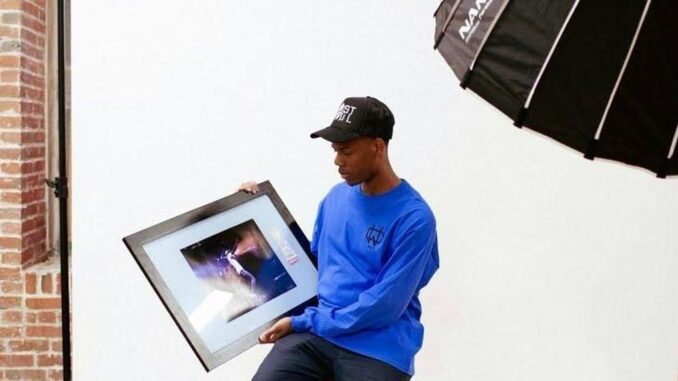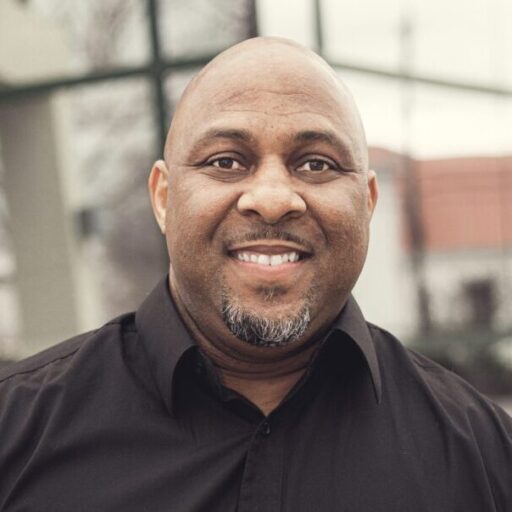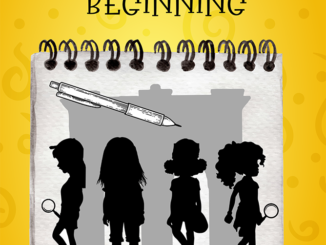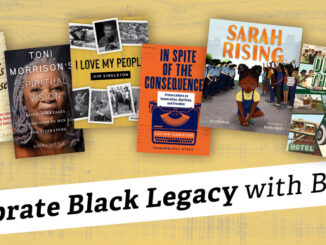
Sometimes it only takes one other person to believe in your dream to push that vision forward. In CJ Wolfe’s case, it was a high-profile pro football player and friend who helped him make the decision to formulate a plan that involved exiting his role as a financial advisor and pursuing his true passion to be a full-time photographer.
Risky? Yes. Worth it? Definitely.
With the help of NFL safety Will Parks of the New York Jets, Wolfe jumped behind the lens of a camera and created Immortal Vision Studio. The studio provides both creative space and the services of a creative agency. Wolfe used his lessons as a student-athlete, along with experience gained on other jobs, to launch his Philadelphia-based enterprise. Parks encouraged the leap while letting Wolfe shoot photos on and off the field of him and other NFL athletes. CJ now finds pleasure in helping other creators build their portfolio and chase their dreams.
Zenger spoke with the young entrepreneur to discuss his journey from the hardwood to the studio. He also explains what makes his business unique and much more.
Percy Crawford interviewed CJ Wolfe for Zenger.
Zenger: You were a hoops star. What made you stop pursuing that dream to become an entrepreneur, or is there a lot in between there that I’m missing?

Wolfe: That’s kind of crazy that you figured that out. I was always creating, even when I was a student-athlete in high school and college. Coming from my background, I was limited because I didn’t have that much, but once I got to college and was exposed to more equipment, technology and different professors and realms of people, I was able to enhance the creativity and the resources I had around me for me to create.
A typical day in college when I was still playing ball, after class or after practice, I would watch YouTube University, learn, and go back home to Philadelphia. My school, Gwynedd Mercy University, was about 45 minutes away from Philly, so I would always come back, shoot my boys playing overseas and getting ready for the draft — stuff like that. I just fell in love with it. Once a friend let me hold a camera my sophomore year in college, it just was something I fell in love with.
Zenger: Photography wasn’t in your background at all, so you literally learned on the job, right?
Wolfe: I was 19 when I picked up a camera. I did learn on the job, but it’s been a great experience, because I look at photography as art. We can watch videos, we can learn from others, but everyone has their own niche in life and business, but most importantly within their lane.
My image can look different from yours. We could be at the same spot, same event, shooting the same event, but the way I see it, and the way I capture it, would look totally different from yours. That’s what makes it great and that’s what makes entrepreneurship great as well, because when we’re talking about the arts, we’re talking about no more starving artists, about more creators getting opportunities. More creative studios are coming around.
What makes my creative studio different? Having that sports background adds to the healthy competition of what separates me from you. I always look at the business part, and even the photography part goes hand-and-hand. If we make a bad play on offense, we gotta get back and sprint and cover the basket on defense. I just always took those life skills of basketball… I played in AAU since a kid, and those friends that I was able to shoot helped my portfolio. That was big within my network.
I put everything from school, finance, college and being a student-athlete into being a full-time creative entrepreneur. It all goes together. I just try not to complicate it, take it day-by-day, and always be ready to learn and lean on each other to get us to where we want to be.

Zenger: Your studio seems to be an open network for creatives. You have an open-door policy. Just the other day I saw you had an event, and it was just creators networking.
Wolfe: Yes sir! With our studio we have an agency, as well. I’ll be the first to admit, shooting inside the studio is not me. My gallery inside the space is not shots that I shot inside the studio. They were shot outside the studio in different countries, different cities. But I knew that there was a need for a studio, and people use me now with it, because the studio is a place where we can come and collaborate.
Our biggest thing is our agency. We go and produce content for businesses and athletes. My duty is to showcase and mentor other creators, so they can get the opportunity to work and build their portfolio. But more importantly, they get compensated for what they deserve and give them that experience. There wasn’t nobody for me saying, “CJ, go do this job,” “CJ, go do that job,” “CJ, I’m putting you in front of the city councilman.”
The impact is what really drives me. How can I pass this torch and continue to build this community? My creative gift on my team is going to put me in a better position, but more importantly, it’s going to put Immortal Vision Studio in a better position that will help the next generation. We really think of impact and legacy when we think of the studio — not just to be here for now.
Zenger: The pandemic affected everyone in some form or another. It actually changed your thought process and essentially changed your course of life. Tell us how, please.
Wolfe: I was in Mexico, working with [NFL player] Will Parks. I was up all day. I didn’t sleep. It was early in the morning, I couldn’t sleep, and I said, “You know what, I gotta do this full-time. This has to be my lifestyle. How many times am I going to be around different individuals, taking trips, and not buy all into what I’m really talented at, and what my calling is?”
At the time I was a financial advisor working at Northwestern Mutual. Individuals would call me about their life insurance and stock and ask what they should do with it. I had to constantly go to a different room to take the call. I felt like I wasn’t present on giving my clients everything that they needed. He [God] showed me constantly, “This is what I want you to do, and I believe in you.” I had to believe in myself and just get out of the financial industry.
Some people will look at that and say, “I can’t just quit my job.” But I had a plan. I didn’t just quit my job right then and there. I quit six months after I decided I couldn’t do it anymore. I had to come up with a strategic plan. I had to go to a bank and work a 9-5. I dedicated my weekend and after hours strictly to my craft. Once I got the studio, I was able to build a solid team, I said, “Okay, now I can quit.” Then it was all up from there.
Zenger: How influential was Will Parks to your vision?
Wolfe: Very influential. He gave me exposure and I think that was the biggest thing. Your belief system comes from what you are seeing and experiencing. It comes from your process. He was able to put me in situations and different rooms, even on the field, to be able to capture that stuff, which really led to the young man I became.
On the professional side, I’m really building on to that. We are still building on to it to find different ways to help and impact the city of Philadelphia, and most importantly the youth and giving them an outlet to create. Let them know, it’s bigger than being in sports. I played sports. Will is fortunate enough to be in that 1 percent to make it. But we can still impact the game and the lifestyle. We can still do the storytelling. We can pick up a camera and know how to operate through it.

Zenger: We know the meaning of immortal is to never die, forever. What was the thought process behind naming your company?
Wolfe: It kept growing. At first, I was like, “Don’t ever let nobody tell you your work’s worth.” It started on Instagram. I kept seeing myself posting on Instagram and forgetting about it. I would say, “This is a great photo.” But it was such a rush of, what’s next? I didn’t live in the present of what I just captured. The immortal part comes from understanding that artwork always be immortal. Don’t forget about it. Just because you have to stay up with the times of social media posts to get your work seen, have that work be immortal and last however long you want it to last.
The vision part comes from whether it’s your artwork, your vision, or your dreams… Whether you want to lose 15 pounds, get better in photography, whatever vision you have — make it immortal. Things will come in between that, roadblocks are going to happen, so you have to keep that vision immortal in order to get to what you want.
For me, it’s capturing different images — that’s what drives me to keep my vision immortal. At Immortal Vision Studio, we don’t just do the photography thing. We do different networking events; we are going to do some creative classes where I will teach my classes. No matter what, keep that vision immortal and don’t let it die.
Edited by Matthew B. Hall and Kristen Butler
Recommended from our partners
The post CJ Wolfe Traded His Basketball Sneakers For A Camera And Creative Studio appeared first on Zenger News.






